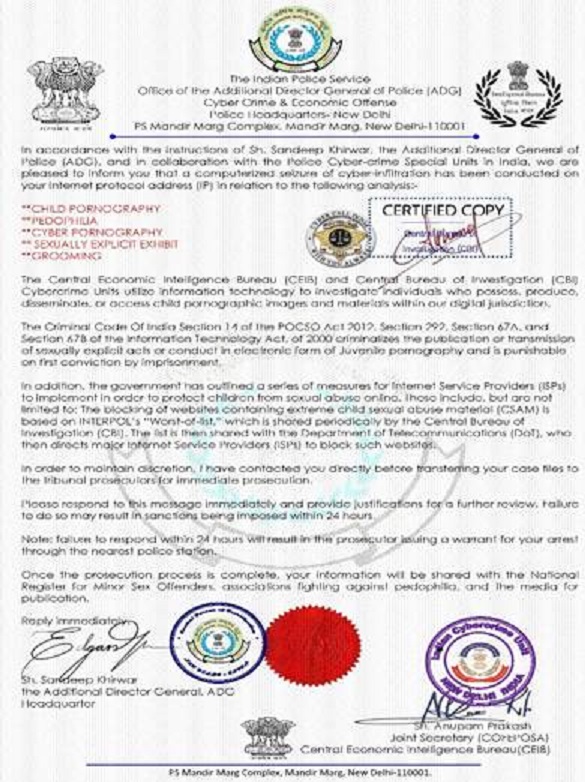What is wrong with the labor law of India? What modifications does it require, Do you believe that Modi can do this?
Indian Labor Law is one of the most controversial laws present today. The capitalist term it as the one which is discouraging industries to set up factories in India and favouring other countries instead. On the other hand the leftist term it as insufficient to protect the rights of labor. It is at times confusing to understand the complexity of the law and it has a lot of issues which are difficult to comply for the industries, so the need of reform is sought for by the industries.
What is a labor law?
The labor law is a set of rules prepared by the government based on which the factories, service industry etc are legally bound. Labour laws are in concurrent list and most of them require compliance from industries. There are many articles in the constitution which are part of labour law for example article 23 is for stopping forced labour and article 24 is to stop child labour. Article 43 A has been introduced to make the workers participate in functionality of industry. Some other important laws are as below.
Employee state insurance Act – ESI card is issued, insuring worker against any accident at work. There’s also ESI corporation Employees Provident Fund and Miscellaneous provisions Act – Provident fund is one in which employee pays part of his wage ( 12 % in most cases) and equal contribution by employer. This is mandatory for establishment employing more than 20 people.
Factories Act ,1948 Child Labor (prohibition and regulation) Act – prohibits children below age of 14 to work in hazardous jobs. There are demands for complete ban on child employment
Industrial Disputes Act – One important provision – Industries employing more than 100 people can not terminate employment before approval of government. There is strong demand from industry to revise this limit, to facilitate easy entry and exit.
Minimum Wages Act
Bonded Labor system ( Abolition) Act – System in which onetime payment was made by employer to supplier or leader of group and whole season’s or year’s services of labor was taken. Still rampant in some businesses like Brick Kilns Contract Labor (Regulation and Abolition) Act, 1970 – Contract labor is indirectly employed by an establishment through a contractor or agency. So their relation with principal organization becomes ambiguous. They are generally discriminated against direct employees in terms of wages, job security, status etc. This act attempts to abolish it in certain circumstances and to bring them at par with direct employees.
Apprentices Act, 1961
Issues with Indian labour laws
For a country like India labour laws are very important. It is because India is a welfare state and its aim is to provide better livelyhood to its citizens. Labours are big part of Indian society and there welfare is of utmost importance. Labour laws ensures safety of workers, their payment, protection from unjustified retrenchment, compensation during time of accident, retirement related benefits etc. However, there are several such issues in the labor law which creates a huge problem for the industries and impact industrialization of the country.
There are more than 144 rules and regulations in total in both central and state level. At times they overlap each other creating confusion.
These laws provide power to the bureaucracy to harass the companies . This leads to corruption and most of the times the compliance cost overshadows the other capital costs for the company. This makes our firms uncompetitive to foreign firms. It is quite apparent from the perpetual dismal performance of Indian manufacturing sector.
Trade unions (like Bhartiya Majdoor Sangha or Centre for Indian trade Union) are pressure groups which aim to protect interests of labor through ‘collective bargaining’. As individual worker doesn’t have much influence, they need to get together to deal with capitalists. They bargain constantly for higher wages, safety at work, social security, job security etc. For this they organize demonstration, strikes and petitions to higher authorities. Which at times result in stopping of work and disturbance in overall production.
India has got a huge informal sector and around 80% labours are engaged in it but unfortunately these labour laws are not applicable to these sectors. So these labours do not get those benefits.
There are many micro level enterprises which employ 5–10 employees. Due to these regressive laws these people are discouraged to expand their business. The labour laws are very complex and for a small scale entrepreneur it is very difficult to hire lawyers and make compliance to these laws due to monetary constraints.
In case of retrenchments of workers more than 100 in no (if indusustrial dispute act 1947 is applied) then permission from government is prerequisite. So it makes it very difficult for employers . Even in case of loss the companies are supposed to take permission from government to retrench employees. This is useless as if any company will face loss then at the end of the day it is going to get closed any way and If they are forced to keep large workforce without any requirements this will even fasten the process of closure.
The Contract Labour (Regulation and Abolition) Act, 1970 (the Contract Labour Act) does not allow user enterprises to use contract labour at will to tackle uncertain demand for their products. Because of that the enterprise may not be able to meet it’s client demand as and when required and become uncompetative.
The labour laws are decades old, archaic and lack consistency (differing definitions of same terms in different laws, such as “workman” or “wages”) and are not in sync with current competitive economic environment (all conveniently clubbed under the term “core” labour law reforms).
The procedural processes are also cumbersome. There are multiple forms, Steps to get licences and follow all the compliances.
What reforms does it require ?
Simplification of laws and removing most outdated ones and create a comprehensive labour law.
Allow employers to retrench employees if they run on losses without forcing them to keep the employees even at the cost of their industry.
Entry exist criteria for the employers should be simplified so that whenever they face loss they can leave the business and similarly it must be made simple to take up new business.
Some arrangement specifically should be done for the micro level enterprises. So that they can easily work and expand their business without worrying much about labour law compliance.
Monetary factor must be kept in mind.
Provisions should be made to provide insurance cover to employees in case they are retrenched from the organization if it faces loss or exits the business due to loss.
The inspector Raj must end. The way bureaucratic harassment happen in every now and then that creates an atmosphere of fear among the industries. At times compliance cost overshadows the cost of capital. So this must end.
The law must incorporate modern requirements and nullify age old practices e.g. present law can be used to fine an industry for using lady workers at night in call center. These kind of laws should be avoided
There must be a try to bring people from unorganized sector in the purview of labour law.
Why political parties are not able to do reform?
It is a tricky issue in terms of political implication. If any party dares to make changes in the law then it may so happen that the opposition party may blame it to be anti labour force and siding with industries. Therefore they are scared to do any reform.
The labour unions might oppose any change in the existing laws as retrenchment of labours can become more and more which doesn’t suit its agenda.
The government is not ready to take risk and is not interested to annoy one of its biggest vote bank.
Can Modi do it?
Now the question is , can Modi do it? I initially thought that Modi has got a full Mandate therefore, it will be able to do the reform. However, it was not to be. But, seeing the leftist dominance in the other political parties I believe BJP and Modi are the only party or PM who can do it. Other reforms which will be in his target are Land reform, legal reform along with labor reform. The reform in three L should be his focus and I believe in second term he will be able to do 2 from the list of the three mentioned.




























